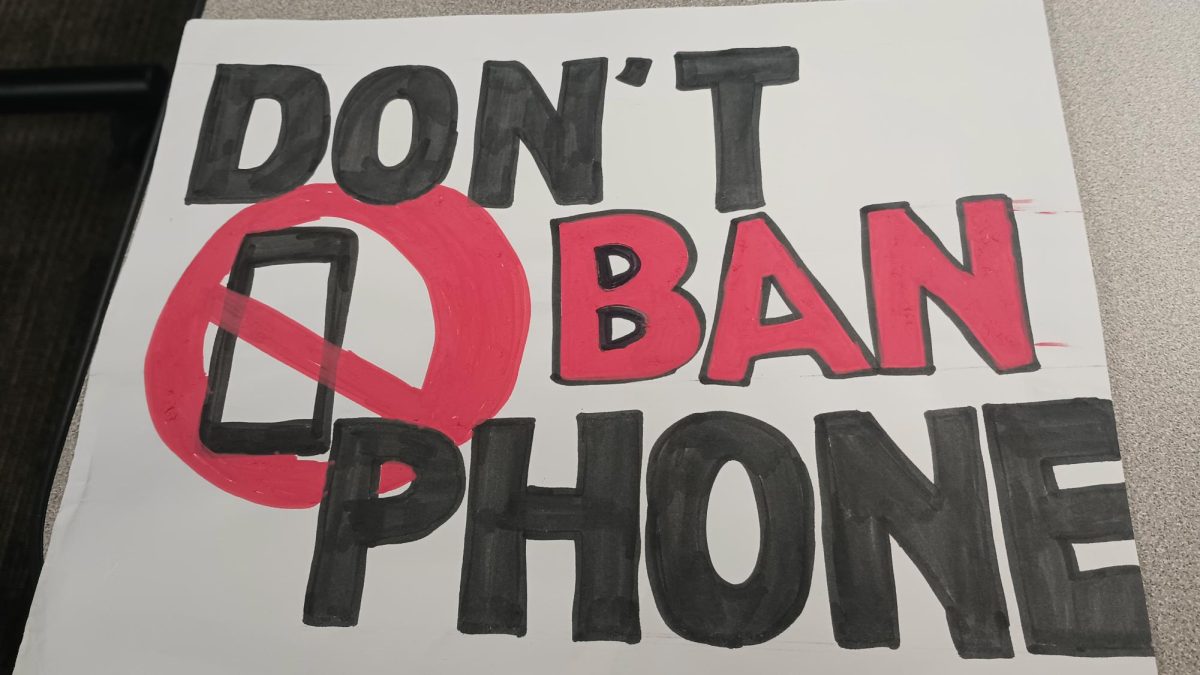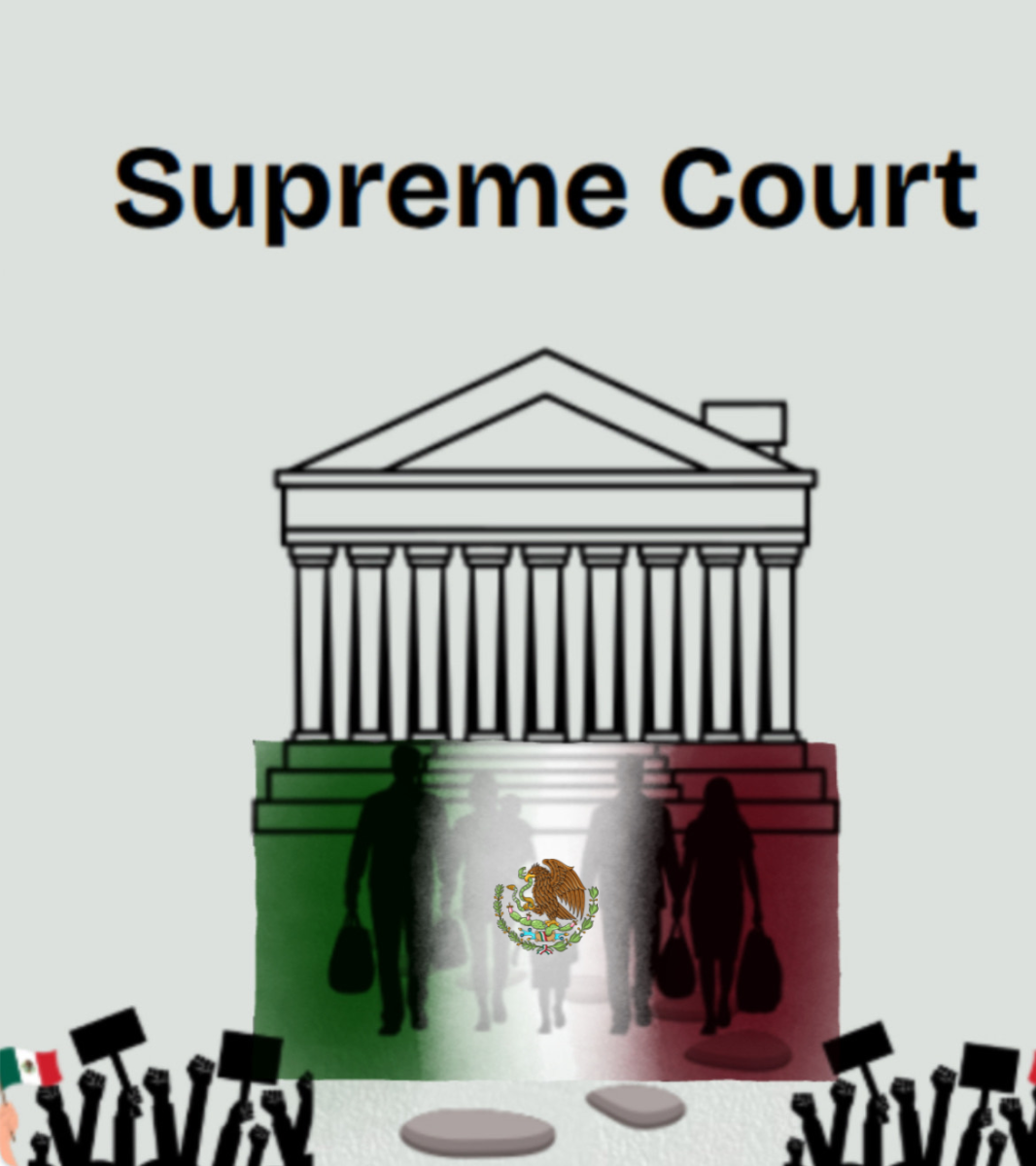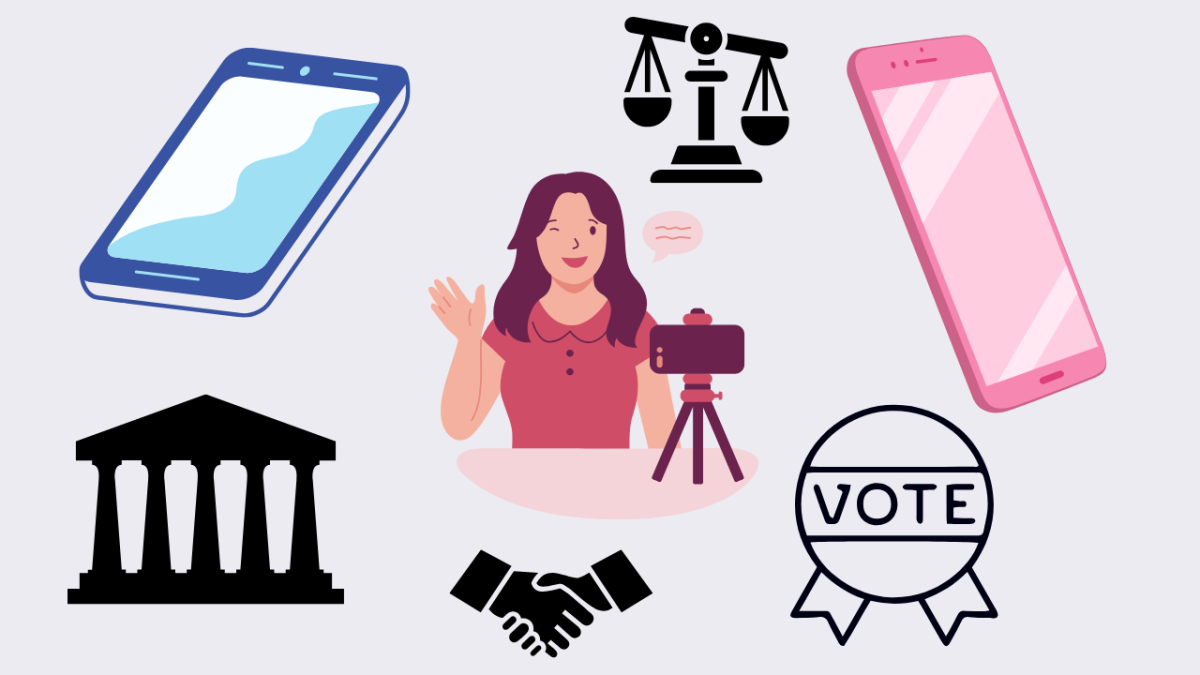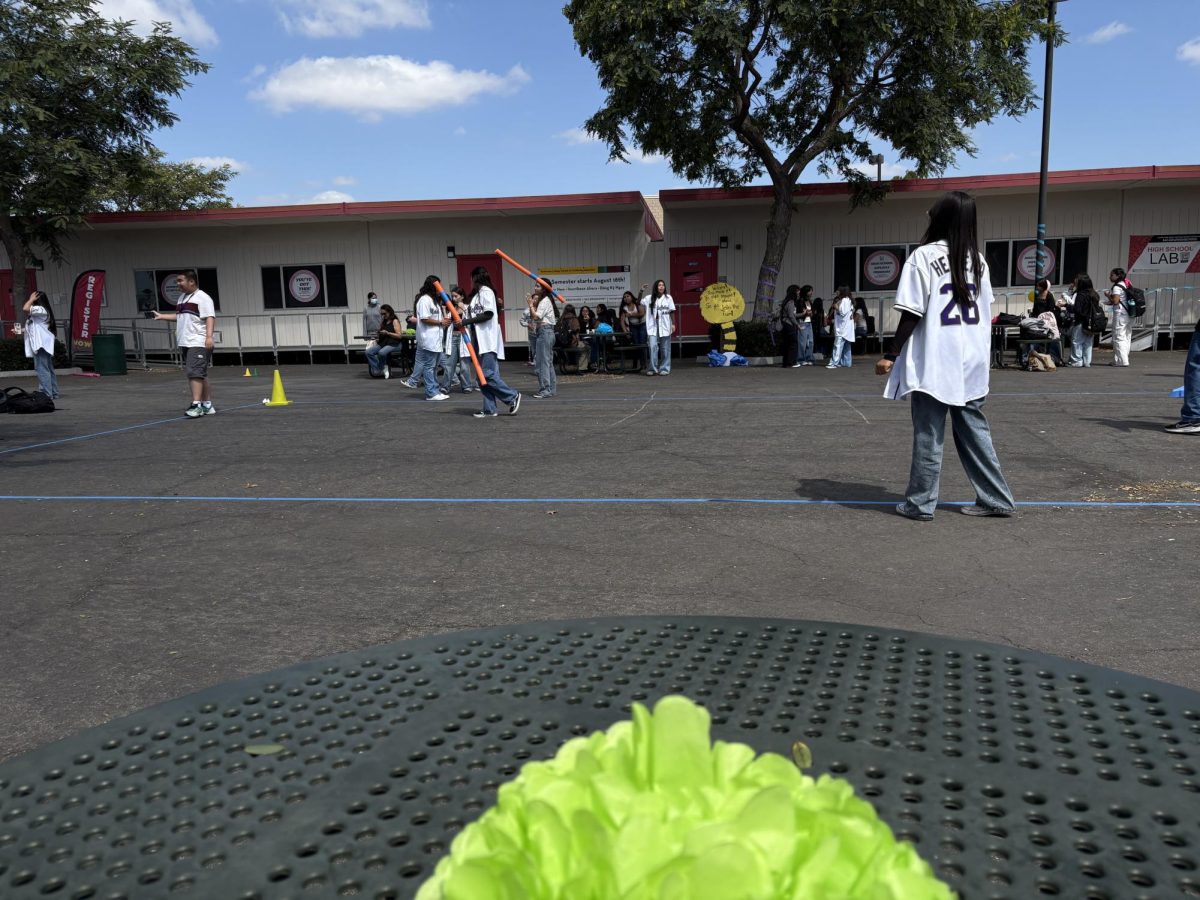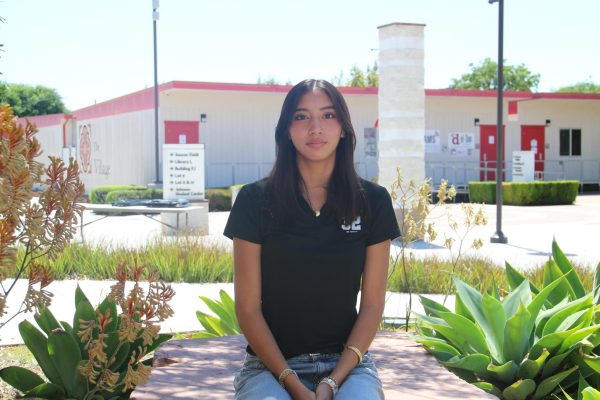With the recent 2024 election, influencers on social media talking about recent policies and news, such as the Russia-Ukraine war or ICE raids, have significantly increased. Influencers are now using their platform to educate and inform their audience on the current political and economic state of the world. While this outlet is easily accessible to millions of people, it raises the question of whether political influencers are a reliable and trustworthy source of information.
Political influencers are people with social media platforms who post content related to current events, often offering personal opinions or summaries of recent news. Due to this, one major concern is that many of these influencers are ordinary people with a lack of formal education or experience in politics. This can affect the accuracy and balance of the information they share.
Tim Murphy, a political science professor at Santa Ana College, shared his opinion on the rise of political influencers.
“I think it is important to understand that some of these people we see on social media are definitely not experts and instead very biased,” Murphy said.
Mr. Ramos, a high school history teacher at Middle College High School, expands on this idea.
“[Political Influencers] are just a symptom of this society we created. The most important thing to understand is that they are trying to make money, they are not experts, and they are not trustworthy,” Ramos said.
Without proper qualifications, many influencers may spread opinions instead of facts. It is important to acknowledge that many of these influencers on social media simply push out surface level information, leading to the rapid spread of misinformation.
Another concern is the effect of social media algorithms and how it contributes to echo chambers. Echo chambers are online spaces where a person only encounters information or opinions that reflect and reinforce their own.
This polarization created by echo chambers can have serious consequences for democratic discourse, as individuals become less open to compromise or understanding opposing perspectives. When people only see content that matches their beliefs, they may begin to believe that their view is the only correct one. Unfortunately, this leads to stronger divisions between political groups.
Despite these concerns, one arguable aspect of political influencers is that they have amplified the voices of marginalized communities that are often overlooked and disregarded.
“That is one of the positive things about political influencers. They give a voice to communities that do not have a big platform to speak out and advocate for themselves. They can also turn to social media as their source of news because they can’t access those big mainstream news outlets, compared to others,” Murphy said.
Some political influencers use their big platform to bring attention to issues like racial injustice, immigration reform, poverty, and many other topics that are not typically covered by major media companies. Not only that, but political influencers are often on social media such as Instagram, TikTok, Facebook and X, which is easily accessible and free.
With both pros and cons, it is important for viewers to critically think when they see an influencer post about politics. While influencers can offer helpful insight and surface level information, it should not be people’s sole source of information without doing proper research on your own to confirm facts.
“As a society, in the education system, we need to teach students to critically analyze [political influencers] as a source and seek out valid sources for more information,” Ramos said.



